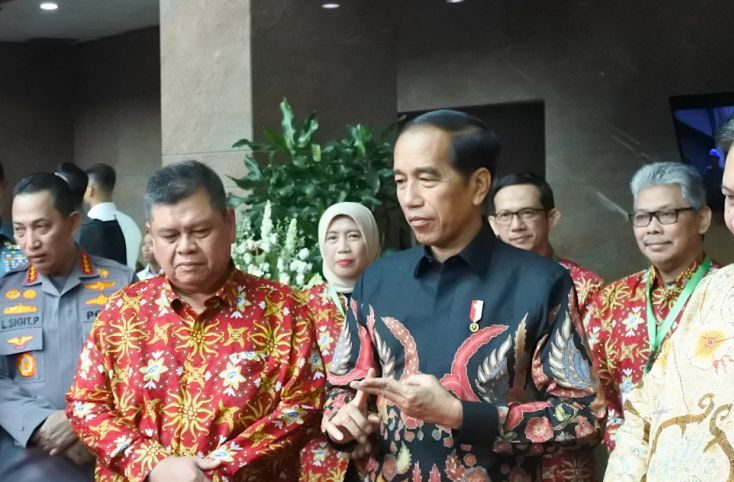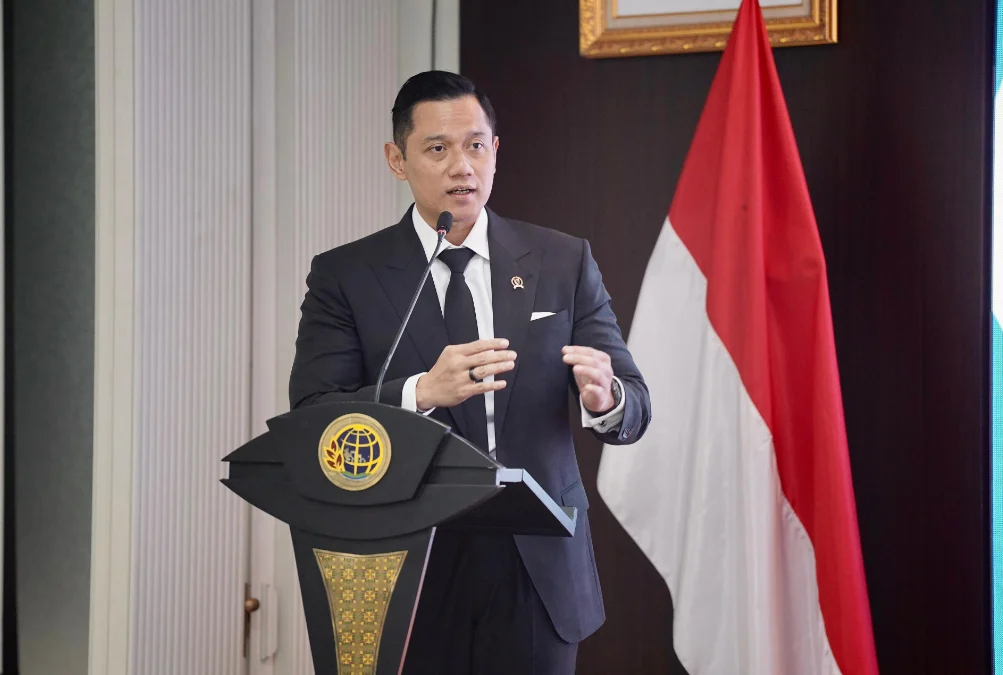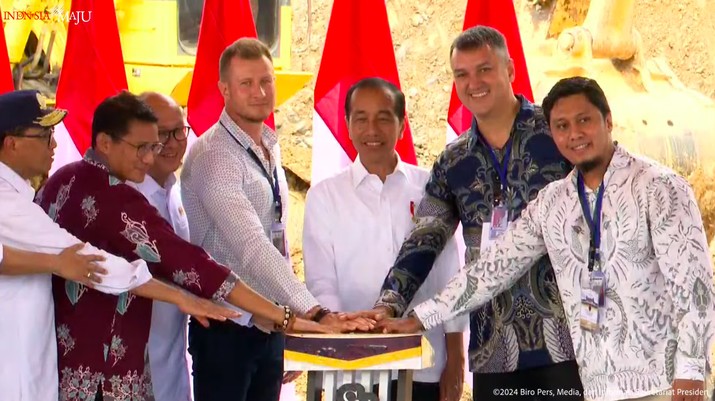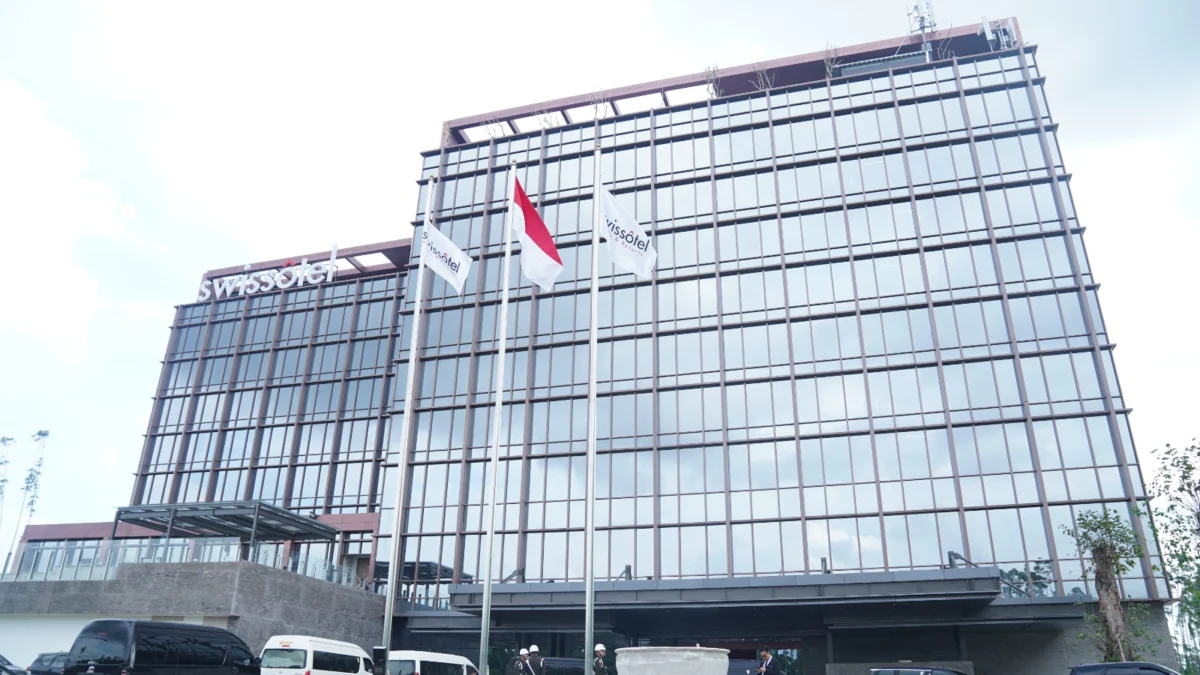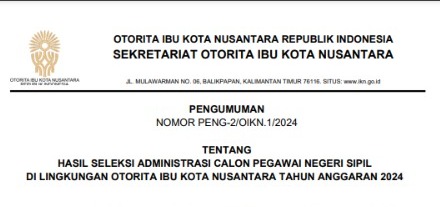JABAR EKSPRES – Indonesian President Joko Widodo (Jokowi) said the opening of sea sand exports was not due to Singapore’s potential investment in the Archipelago Capital (IKN), but to take sand from sedimentation that disrupted shipping and coral reef preservation.
“There is no connection. This is actually what is in the PP (Government Regulation) is sedimentary sand. Sedimentary sand that disrupts shipping, which also disrupts coral reefs,” Jokowi said
The regulation Jokowi is referring to is Government Regulation (PP) Number 26 of 2023 concerning Management of Sedimentation Results in the Sea which was signed on May 15, 2023.
“This meeting has been a long time coming, back and forth still, because later the direction will be there,” President Jokowi said.
READ ALSO : Lebanese Government Unable to Pay ‘Civil Servants’ Salaries by End of June
Cabinet Secretary Pramono Anung previously said that although there is an article allowing the export of sea sand in PP 26/2023, not all regions are allowed to send sea sand abroad.
According to Pramono, PP 26/2023 will be derived into various ministerial regulations at the Ministry of Maritime Affairs and Fisheries and the Ministry of Energy and Mineral Resources, Arifin Tasrif, among others, to specify technical provisions and areas that can export sea sand from sedimentation.
“Whether it is for domestic use, whether it is allowed to be exported will be regulated further. For this regulation, the Minister of KKP must make a ministerial regulation regarding this matter. Which areas are allowed, which areas are not allowed,” Pramono said.
Based on a copy of PP 26/2023 Article 9 paragraph 2, it is stated that the utilization of sedimentation in the form of sea sand is used for reclamation in the country, government infrastructure development, infrastructure development by business actors and/or exports as long as domestic needs are met and in accordance with statutory provisions.
Then, it is also mentioned that the allocation of domestic sea sand will be subject to non-tax state revenue (PNBP) fees, while exports will be subject to higher PNBP fees.
